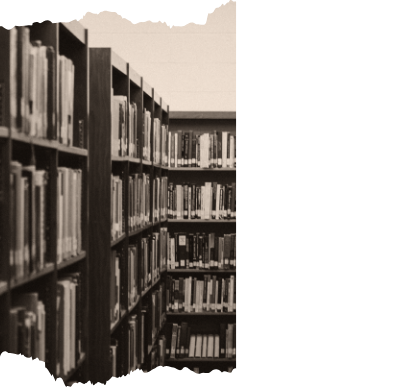The major suggestions are summarised as follows:
- The civil services examination should be a combined one for the following
services:
- Indian Administrative Service
- Indian Foreign Service
- Indian Police Service
- Indian Audit and Accounts Service
- Indian Income Tax Service( Class I)
- Indian Customs and Central Excise Service
- Indian Defence Accounts Service
- Indian Railway Traffic Service
- Indian Railway Accounts Service
- Indian Postal Service
- Indian Posts and Telegraphs Accounts and Finance Service, and
- Indian Civil Accounts Service
The Committee recommended delinking seven Central Group A Services and
eight Central Group B services from the combined civil service
examination. This suggestion has not been accepted.
